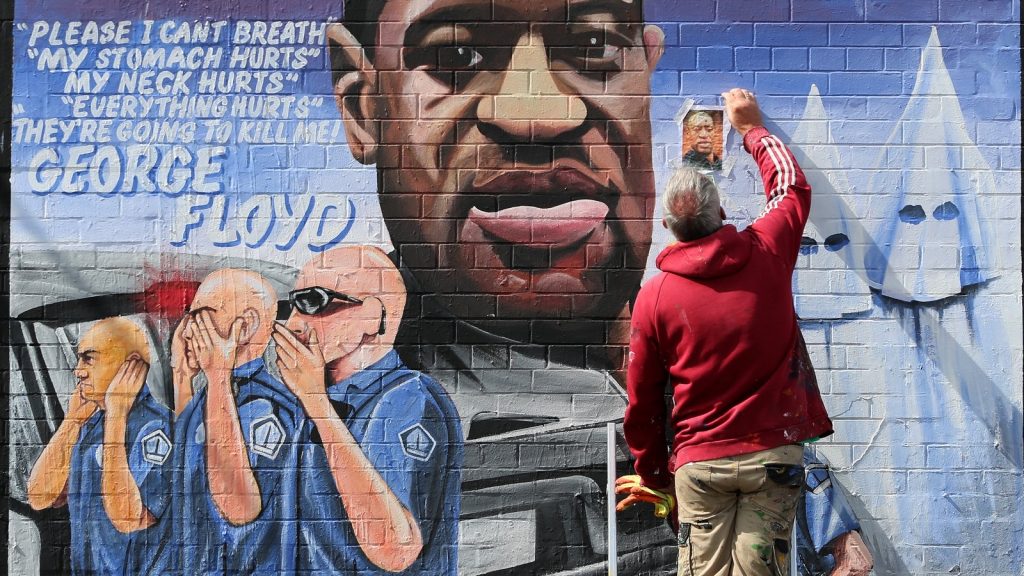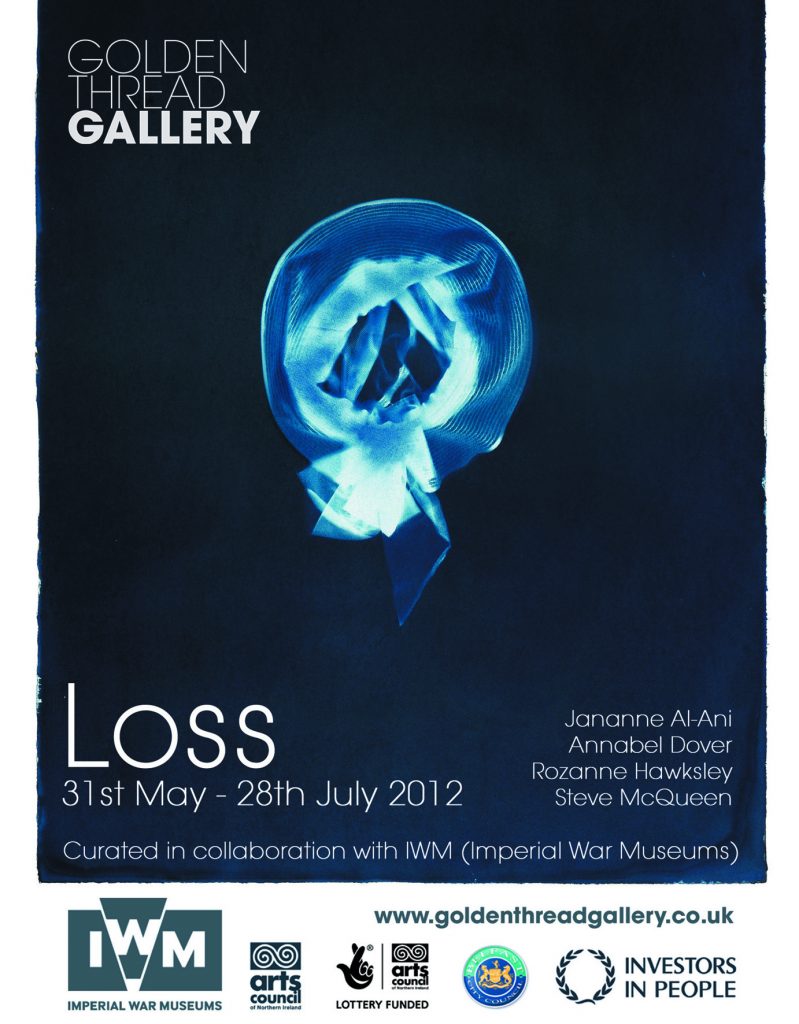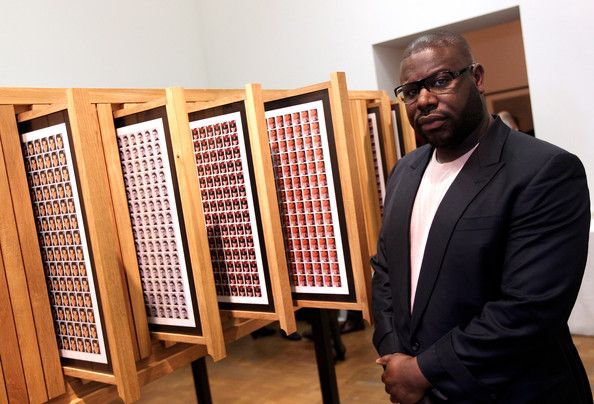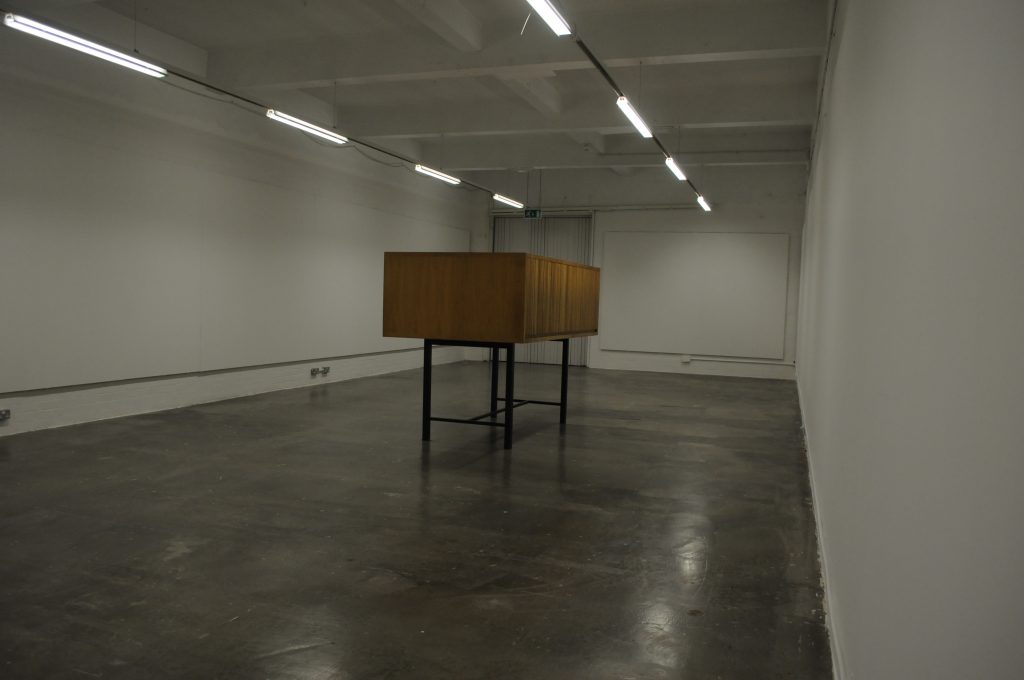GTG New Needs Intern Esther Andare writes to mark Black History Month in the UK.
Entering the later part of 2020, we are left to adapt our lives to the ‘new normal’ due to the pandemic, but also to deal and process with the aftermaths of the Black Lives Matter protests. These worldwide protests that are still ongoing in some states in America stemmed from the unjust killings of black people, such as George Floyd and Breonna Taylor by police officers.

Growing up in England, Black History Month was never something that was overtly highlighted or celebrated. To put it simply, there is a significant lack of representation within the educational system; Black British history is never taught and often substituted for a single lesson on Rosa Parks and Martin Luther King. Not that these revolutionary historical figures should not be taught; however, they are not the be-all and end-all of black history. So, it is evident by the increased awareness of Black History Month this year, that things are changing, with major organisations such as Sainsbury’s and the Royal Mail partaking in spreading awareness. This leaves me with a glimmer of hope that momentum from all the protests over summer in terms of racial inequality has not been lost. However, more is needed than just symbolic gestures and acknowledgement of the month. There needs to be racial equality in all aspects of society and culture; more uncomfortable conversations had about the realities of being Black.
The commemoration of Black History Month in the U.K. began in 1987 by a Ghanaian analyst, Akyaaba Addai-Sebo. His original goal was to use the month to create a cultural space in the U.K. Addai-Sebo whilst working at the Greater London Council, hosted Dr Maulana Karenga to talk about the contribution of black people throughout history month was first celebrated in London. Eventually, Black History Month was celebrated and recognised by local authorities and voluntary groups around the U.K.
Last week whilst going through the gallery archive, I came across the 2012 Main Space exhibition, Loss. The exhibition was curated with the collaboration of the Imperial War Museum and featured Jananne Al-Ani, Annabel Dover, Rozanne Hawksley and Steve McQueen. To commemorate Black History Month, I will discuss Steve McQueen and his work Queen and Country, which was shown with Loss.

Before going through the archives, I was only really aware of Sir Steve McQueen as the Director of the Oscar-winning film Twelve Years a Slave and upcoming T.V. miniseries Small Axe. McQueen is also equally as talented an accomplished artist, he was the recipient of the Turner Prize in 1999 and currently has an exhibition at the Tate Britain and the Tate Modern. McQueen is very vocal about racism within the arts and pushes for diversity amongst the art, particularly in the film industry. In a recent interview with Esquire where McQueen reflected on the killing of George Floyd, he also noted the conscious efforts that he went to put a person of a minority in every single department whilst filming Small Axe. Mainly because McQueen believed that ‘what’s behind the camera [diversity] should be reflected in front of the camera.’

Queen and Country was made to both commemorate and remember the individuals that fought and died in the Iraq War. In 2006 McQueen travelled to Basra in Iraq, spending six days embedded with British troops. The work was initially meant to be a film about the soldiers he spent time with; however, due to restrictions, McQueen found other ways to convey the Iraq conflict. McQueen created an oak cabinet that was mounted with double-sided panels. The panels displayed 168 stamps showing the soldiers on the sheets along with their names, regiments, dates of death. McQueen used stamps because of their beautiful scale, allowing the photo to be recognisable and stamps could go around the world. The poignant work looks into the loss of lives and how that translated into a national loss, and in the same breath, Queen and Country explores the idea of remembrance.

I find McQueen’s tribute to the dead soldiers to be incredibly poignant, due to the numbness that people feel about war and the deaths that are entrenched in war as stamps are such a public affair and would be seen by many people, forcing the viewers to confront the effect of war and remember the loss that comes with the conflict.
“‘Conflict and loss are so intrinsically linked that the problem of how to remember, how to memorialise, is ever-present.” – Sir Steve McQueen
Watch Steve McQueen’s Mangrove on BBC iPlayer from the 15th November and Amazon Prime on the 20th of November. Mangrove is a part of a 5-episode miniseries anthology, Small Axe, depicting the lives of Black British people during the 1960s and 1980s.
Other Black History Month events in Northern Ireland:
ACSONI (African and Caribbean Support Organisation Northern Ireland) Black History Month talk series starting on the 27th of October with Esther Stanford Xosei
U.K. Pivot’s BHM Poetry and Dialogue event on the 24th of October
Also, because Black Lives Matter everywhere around the world, follow the various hashtags and support the movements:
Nigeria #EndSARS – A movement is fighting against police brutality. As a result of the protest, the Nigerian government shot at unarmed civilians.
The Democratic Republic of Congo #Congoisbleeding – Due to armed groups fighting, there are thousands of Congolese people being murdered and displaced.
Zimbabwe #Zimbabweanlivesmatter – The government has turned into an Army state, attacking innocent citizens.
Namibia #ShutItAllDown #ShutItAllDownNamibia – Young people in Namibia have been protesting about ongoing gender-based violence. The protesters are demanding that the government take action to fix the problem.